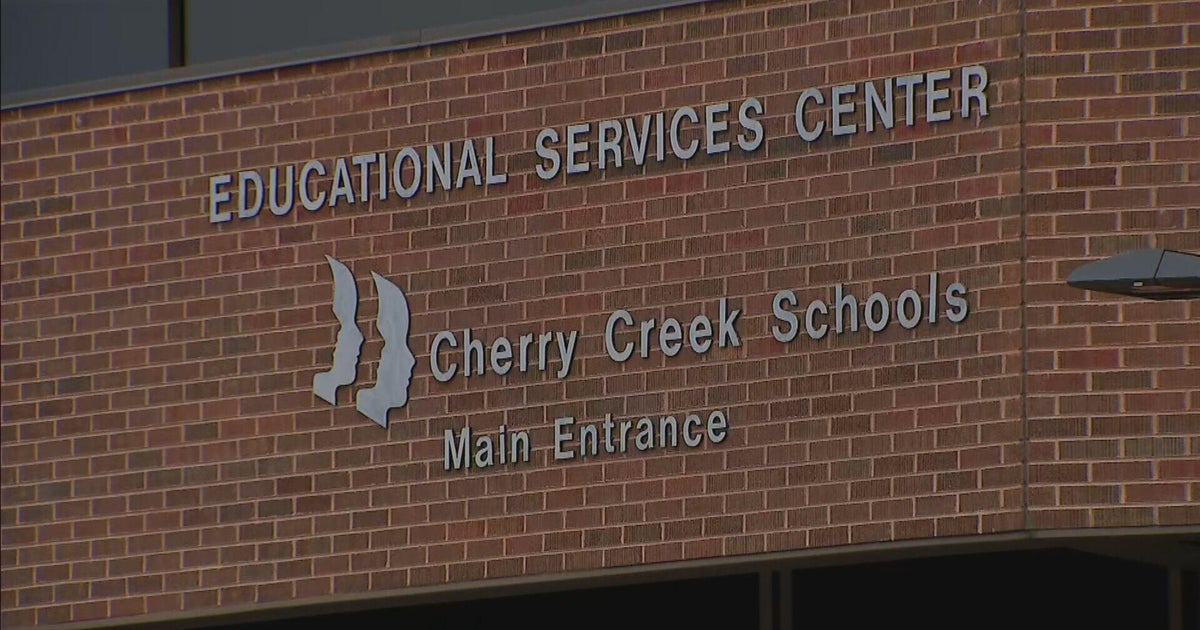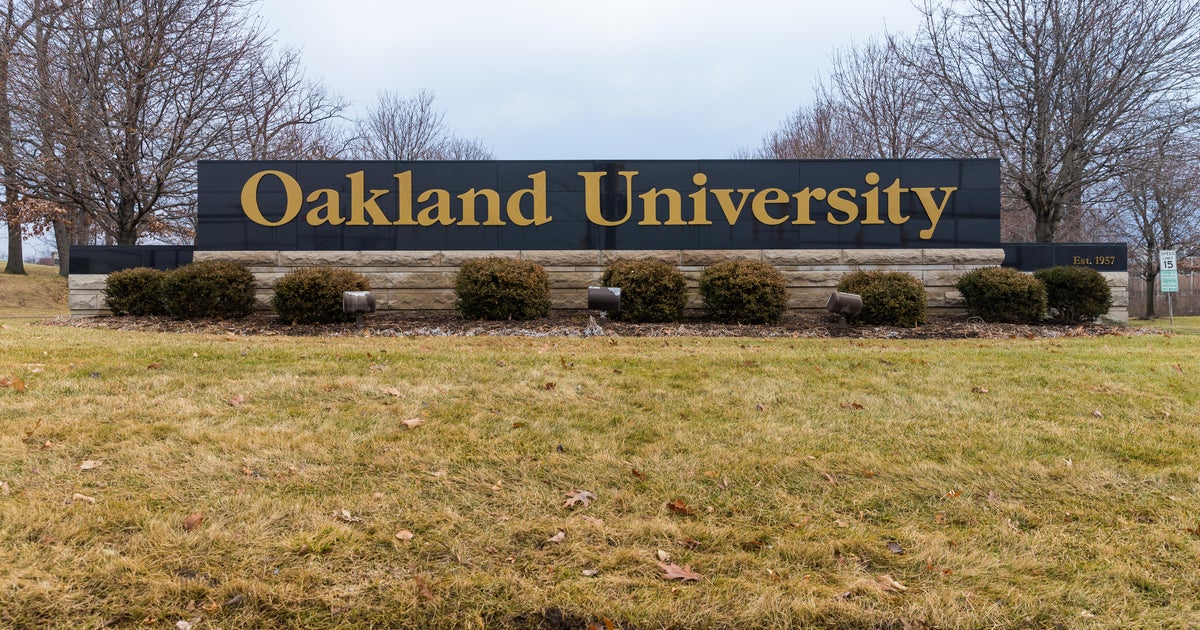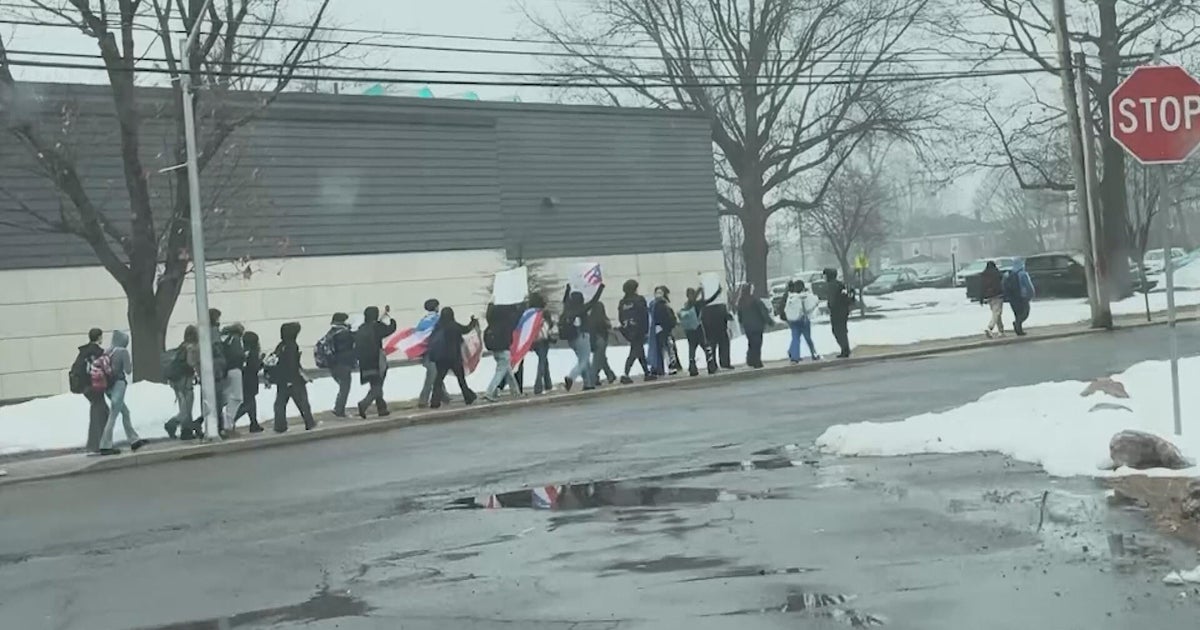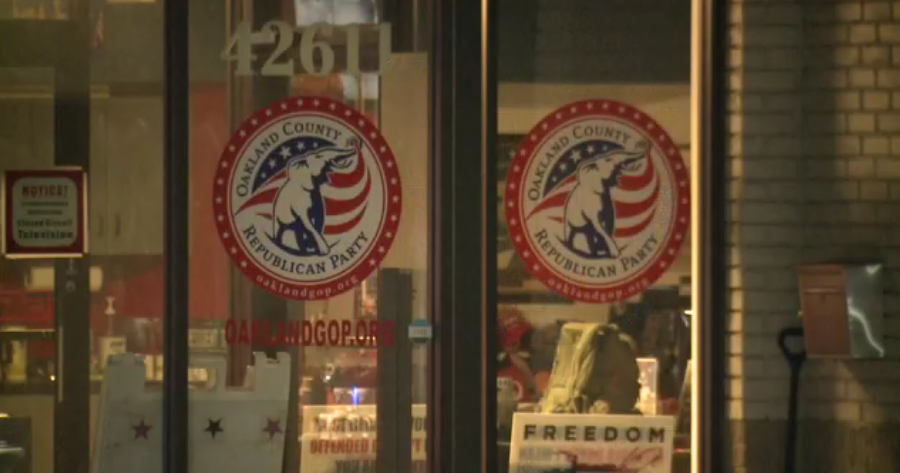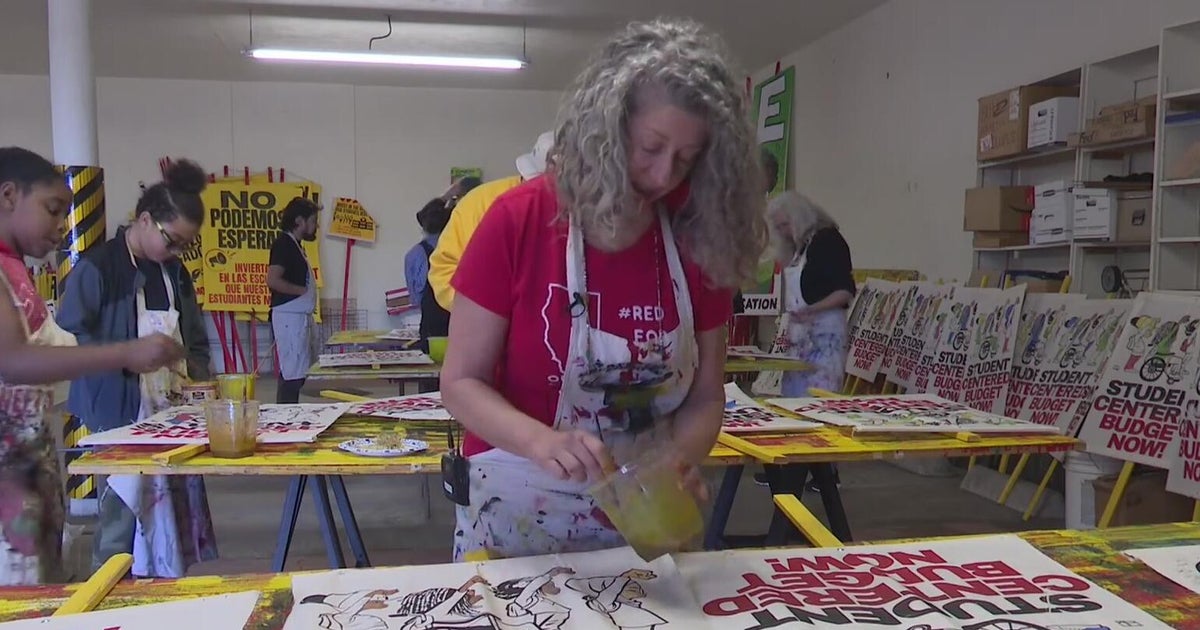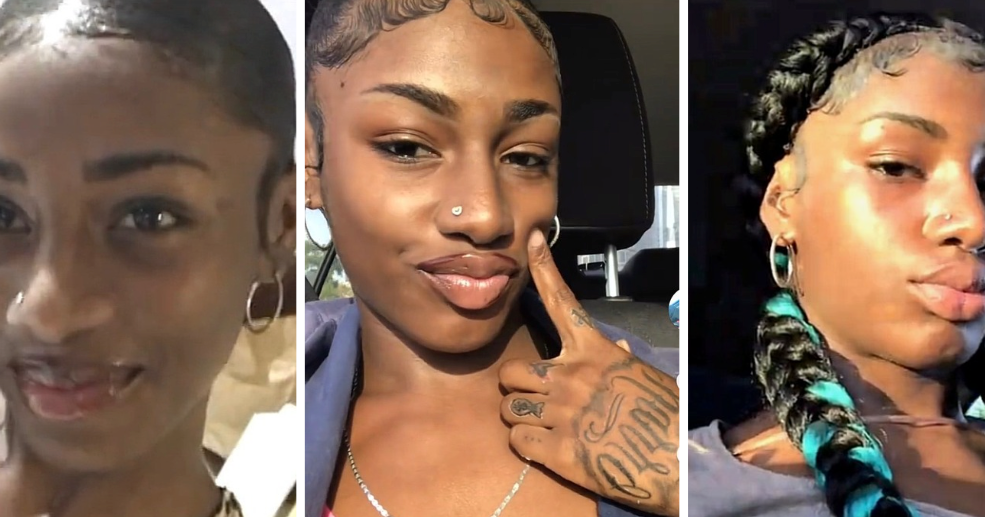University Of Florida Reverses Decision, Will Allow Professors To Testify As Paid Experts In Voting Rights Case
MIAMI (CBSMiami/CNN) - The University of Florida on Friday announced that it will now allow three professors to testify as paid experts in a voting rights lawsuit, reversing its previous decision.
In an email sent to the campus community on Friday, university President Kent Fuchs explained that he is asking the University's Conflicts of Interest Office to reverse the decisions on recent requests by UF employees to serve as expert witnesses in litigation in which the state of Florida is a party and to approve the requests regardless of personal compensation.
Fuchs' reversal comes after receiving public criticism for denying the professors' requests to testify for plaintiffs as paid witnesses in a case that challenges parts of a new voting law signed by Gov. Ron DeSantis in May.
The university first said the professors couldn't testify at all because it might create a conflict of interest for the university and the state government. On Monday, they said they could testify -- if they weren't paid.
The university denied professor Daniel Smith's request to testify in an October 11 email that stated, "Outside activities that may pose a conflict of interest to the executive branch of the State of Florida create a conflict for the University of Florida," court records show.
According to court records, the university denied Professor Daniel Smith's request to testify in an October 11 email that stated, "outside activities that may pose a conflict of interest to the executive branch of the State of Florida create a conflict for the University of Florida."
The university provided similar explanations for professors Sharon Austin and Michael McDonald.
The university did not respond to CNN's question regarding what led to the reversal. This week, Fuchs also declined to comment on criticism over political influence on campus.
Attorneys for the professors said in a statement to CNN, "While the University of Florida reversed course and allowed our clients to testify in this particular case, the fact remains that the University curtailed their First Amendment rights and academic freedoms, and as long as the University's policy remains, those rights and freedoms are at risk. We are continuing to assess our options."
The union representing faculty on campus, United Faculty of Florida-University of Florida, called today's announcement a positive step forward.
"However, UFF-UF is looking for a clear and unambiguous commitment to academic freedom going forward," said Paul Ortiz, UFF-UF president.
The union has pointed to undue political influence behind the university's initial decision.
The governor's office said it "has not been involved and will not be involved with UF's internal policies."
"The university is free to enforce its own conflict-of-interest policies for faculty as the UF administration sees fit. This has always been our position, and we do not even understand the origin of the widespread narrative that the governor was somehow interfering with an internal UF matter. This is false, has always been false, and there is no evidence for it, only baseless allegations," said Christina Pushaw, spokesperson for DeSantis.
Professors file their own lawsuit against the university board, president, and provost
Later on Friday, the three professors filed a federal lawsuit against the University of Florida Board of Trustees, Fuchs, and University Provost Joseph Glover.
The lawsuit takes aim at the university's conflict of interest policy and claims the university violated the professors' first amendment rights.
The lawsuit states, contrary to "principles of academic freedom and free speech," the university "sought to prevent plaintiffs from testifying for one reason: Plaintiffs sought approval to testify in court against the voting restrictions embodied in SB 90 instead of supporting the law."
McDonald and Smith have served as expert witnesses in lawsuits opposing voting regulations in states around the country without opposition from the university, the professors' lawsuit says.
The lawsuit is asking that the university be prevented from enforcing policies that limit the professor's "ability to undertake outside activities, on a paid or unpaid basis, on the ground that the proposed activity is not aligned with the 'interests' of the State of Florida."
A spokesperson for the University of Florida said, "We don't comment on pending litigation."
'It feels like you're being censored, professor says
McDonald and Austin told CNN's Leyla Santiago that the university president's decision does not alleviate some of the underlying issues. Another professor may be stopped from testifying as an expert witness in the future, they said.
"They only made an exception for us from the policy that exists right now within UF about experts like ourselves being able to testify on our own time," McDonald said.
The professors indicated they are exploring further "remedies," and expressed disappointment in what they described as a lack of communication from the university, indicating nobody from the administration has reached out to them to provide any clarifications or explanations.
While other professors have complained about undue political influence on campus, McDonald and Austin focused on academic freedom and first amendment rights.
"I've worked for Democrats, I've worked for Republicans in these lawsuits, and if either party is trying to bend the rules in their favor, I want to stand up for democracy and I want to stand up for the people. It just seemed natural to me that as a matter of constitutional principles, we need to stand up for free speech," McDonald said.
Austin was particularly excited about testifying because it was set to be her first time as a paid expert witness.
"It feels like you're being censored like you don't really have a right to express your voice when you have been invited to serve in a capacity and you feel like you're not allowed to and you feel like you'll be punished if you participate in promoting rights that everyone in this country should have," she said.
In his email Friday afternoon, Fuchs laid out details regarding a new task force created to review UF's conflict of interest policy.
"I look forward to reporting back on the task force recommendations and my decision on how UF will apply the Conflict of Interest and Conflict of Commitment policy in future requests for approval of the similar outside activity," Fuchs wrote.
The voting rights legislation
The new law added ID requirements for voting by mail, limited who can return a completed mail-in ballot, prohibited the use of nonprofit and private funds to conduct elections, expanded partisan observation power during ballot tabulation and created additional restrictions for drop box use.
"Me signing this bill says: Florida, your vote counts, your vote is going to be cast with integrity and transparency and this is a great place for democracy," DeSantis said after signing the bill.
But plaintiffs in the voting rights lawsuit said the legislation "imposes substantial and unjustifiable restrictions on the ability of eligible Floridians to vote and register to vote."
(©2021 CBS Broadcasting Inc. All Rights Reserved. Cable News Network, Inc., a Time Warner Company, contributed to this report.)
